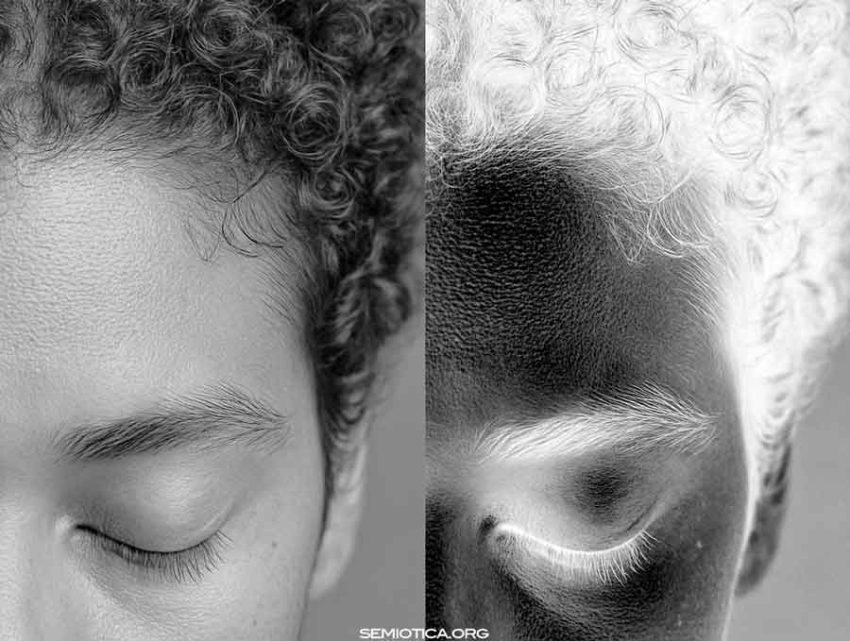In their essay Social Innovation as Rehabiting, Kaie Kotov and Rasmus Pedanik examine the conceptual and theoretical grounds of what has become an increasingly popular research topic across the social sciences. Social innovation, they note, has acquired growing importance in both academic and political discourse, yet it still lacks a stable and coherent theoretical definition. The expression is employed within diverse frameworks, and “different theoretical frameworks are being actively researched by many institutions all over the world” (Howaldt et al. 2014).
The authors observe that this proliferation of approaches reflects a broader intellectual shift—the so-called practice turn—that has reshaped both philosophy and the social sciences. Within this turn, practices, rather than structures or isolated agents, have become the main analytical focus. Social innovation, therefore, appears not merely as a set of outcomes or institutional reforms but as a transformation in the ways collective practices are organized, experienced, and re-signified.
Kotov and Pedanik propose that the study of innovation cannot rely solely on the descriptive observation of new practices or policies. What is needed instead is a conceptual instrument capable of accounting for how these practices emerge, stabilize, and transform meaning. They point out that “great potential in studying social innovation is attributed to social practice theory,” yet such approaches often fail to grasp the dynamic relationship between continuity and change that defines the process itself.
For this reason, the authors turn to the pragmatist philosophy of John Dewey. His notion of habit, as introduced in Human Nature and Conduct (1922), provides a way to understand innovation as a transformation within the continuum of lived practices. Rather than opposing stability and change, Dewey conceives habits as adaptive structures through which individuals and communities negotiate their environment. In this sense, innovation is not the interruption of habit but its renewal—a process of rehabiting the world.
The semiotic perspective underlying this approach allows us to see social innovation as a process of meaning-making, not merely as technical or institutional change. What transforms society is not only what people do, but how they interpret, repeat, and reconfigure their shared habits. Thus, the question of innovation becomes inseparable from the question of sense: how new meanings are collectively produced, stabilized, and made livable.
Bibliographic reference: Kaie Kotov, Rasmus Pedanik, Social Innovation as Rehabiting, in Tartu Semiotics Library, vol. 16, Concepts for Semiotics, University of Tartu Press.
